For the sake of patient privacy and HIPAA compliance, real names have been replaced with “Dr. B” and “Dr. T.”
The Good Doctor
I had the privileged opportunity to shadow Dr. B, a world-renowned orthopedic surgeon and a close family friend. Through the experience, I learned so much wisdom about what it means to be a good doctor, and I wanted to share some of what I learned.
As I stood in the orthopedic clinic, feeling out of place, my wrinkled blue scrubs hanging loosely on my too-young, too-thin frame, Harvard Medical School professors swirled around me. I overheard many conversations about notable residents who executed graceful, lightning-fast procedures in the operating room and a particular fellow whom even the Harvard professors lauded for his exceptional teaching skills. It felt naive to ask how I could be like these great doctors as just a rising junior in high school, but I knew I had to: what other place would I have the opportunity to know the wisdom of these world-renowned surgeons?
The next day, as I walked with Dr. B toward the operating rooms to observe surgery, I asked him:
“What makes a good doctor?”
“Well, the best doctors are the ones who go the extra mile for their patients,” he said. “They’re the ones to order one more lab, and the ones to round on them one more time.”
His simple answer surprised me. I anticipated a lecture on finger dexterity exercises, Harvard Medical School, and valedictorian status.
“Everyone who goes to medical school is smart enough,” he said. “The best doctors are
the ones who work for their patients.”
Becoming a skilled doctor does not mean becoming a good doctor, as I came to learn. There are plenty of high-achieving doctors out there, but some lose focus on those whom they serve: their patients. It’s only the doctors who, despite their own convenience or even health, stay the late hours making sure their patients are progressing towards the best health possible, all while staying patient and keeping empathetic. I would see this doctor himself demonstrate what he meant.
A patient arrived, wheeled in on a stretcher, his body twisted, his face etched with pain. Dr. B efficiently completed his examination, and I could tell he was planning an immediate operation. The patient desperately called out for his wife to decide on undergoing surgery, saying that he was beyond making rational decisions in his pain. Since this particular hospital is incredibly busy, this patient would have faced a long wait for the operation he needed. However, Dr. B pulled out his phone to check the bookings of the operating rooms, and personally fit him in for next Thursday. In almost defying protocol, Dr. B went the extra mile for his patient, pushing past any norms on the way to get to his goal: doing everything to heal his patients.
Seeing this act of compassion and prioritization clarified the ultimate objective of proper medicine for me, which is to do everything you can for the patient’s sake. Good doctors are the ones working 24-hour shifts and standing for hours in the operating room with dedication and patience during a hip replacement. Conducting clinical research, good doctors work on the problems they dream of fixing when not in the clinic or operating. Good doctors comfort their patients with their confident posture by walking into the post-operative room with their chest up, and they encourage residents and fellows with fist bumps during team transfers in the operating room in difficult cases.
Good doctors never shy away from doing the hard work; Dr. B is equally dedicated to each patient who enters the clinic, even on days with forty or more visits. He is laser-focused in the operating room and carefully reviews the work of his trainees. His residents just grab a pair of scrubs out of the vendor and a disposable scrub cap; no fancy Harvard Med caps or whatever. Just enough to get a good, sterile surgery done. In terms of the work environment, it’s not about keeping surgeries intense and shocking the surgical team into great concern like in the movies. He keeps an aura of just the right amount of confidence to make every surgery feel routine, no matter how complex it looks on the big monitors in the operating room ceilings. Colloquial conversations and fist-bumping are common, keeping the working environment vibrant and infused with just the right amount of confidence.
In the clinic, it’s all about prioritizing the patient in every sense. Being a good doctor doesn’t mean giving the patient a run-down of the complex anatomy and suggesting your personal game plan. Before I shadowed Dr. B, I thought discussions of these complex surgeries were always dominated by doctors. Instead, Dr. B takes into consideration different aspects of people’s lives, including their profession, family life, and more. His colleague, Dr. L, does the same, explaining to patients how he kept the arthritis in his knee and avoided surgery, as this for him was a better quality of life – allowing him to continue to play soccer for many years. The best medicine, I came to realize, puts the patient at the center of the plan of treatment, and every course of action is planned with careful balancing of prevention and fixation when it comes to preserving mobility and physical freedoms. There is so much good medicine that just isn’t taught in the books.
Dr. B has taught me that learning how to treat patients from medical textbook knowledge is only a fraction of the job. The rest is about being someone trustworthy and capable enough to take on the responsibility of another’s crippling condition and being able to communicate with patients through the toughest conversations and moments. Good doctors, therefore, can begin their training far before medical school. It should start as early as one wishes, beginning with a dedicated regimen for self-improvement. Concerned about how I would write a personal statement for medical school, I asked Dr. T, an orthopedic resident and now a close mentor of mine, about how I could tell an engaging story about why I wanted to be a doctor.
“The hardest part is self-improvement,” he said. “Writing your essay is just the icing on the cake. What you need to find is a good mentor, someone who can bring you through the process and point out your weaknesses and help you grow through them.”
The process of becoming a doctor is what Dr. T wanted me to focus on, which was the part about making yourself a better person. When walking between the PACU and the ORs, Dr. T would always discuss personal growth with me. One time, he stopped in the middle of the hallway and pushed on my back to fix my posture.
“Keep your head up,” he said. “Your patients see your confidence, and your residents will feed off your confidence when you operate.”
Dr. T always keeps a small pocket-sized journal with him wherever he goes. He uses it to write down the gems he hears every day when interacting with patients and writes down his reflections from the books he reads (Journaling! I know, right? He still makes time to do that!). He’s inspired me to keep my own journal, where I can keep the wisdom I hear from my teachers about learning and life beyond high school. While it sometimes becomes a brain dump of a big to-do list, I now use it to write down my shortcomings and allow myself the time to think through them with my pen. Besides the biology or chemistry I might learn in school, which is as close as I can get to learning textbook content in preparation for becoming a doctor, my journal has been my source of growth, helping me digest each day at night and keep the big picture in mind every day in high school.
Whatever it is that you might do for your own growth, the key here is a continued dedication to becoming a better person, beating yesterday’s self, and keeping focused and in your own lane (which means comparing only to yourself and using yesterday as the metric to compare yourself to). As both Dr. B and Dr. T have taught me, you can prepare yourself to become a better doctor — a person focused on compassion and discipline — starting as early as today. Strive for academic excellence, but also master your self-taught course in personal growth. Be a lifelong student, actively pursuing self-improvement daily.



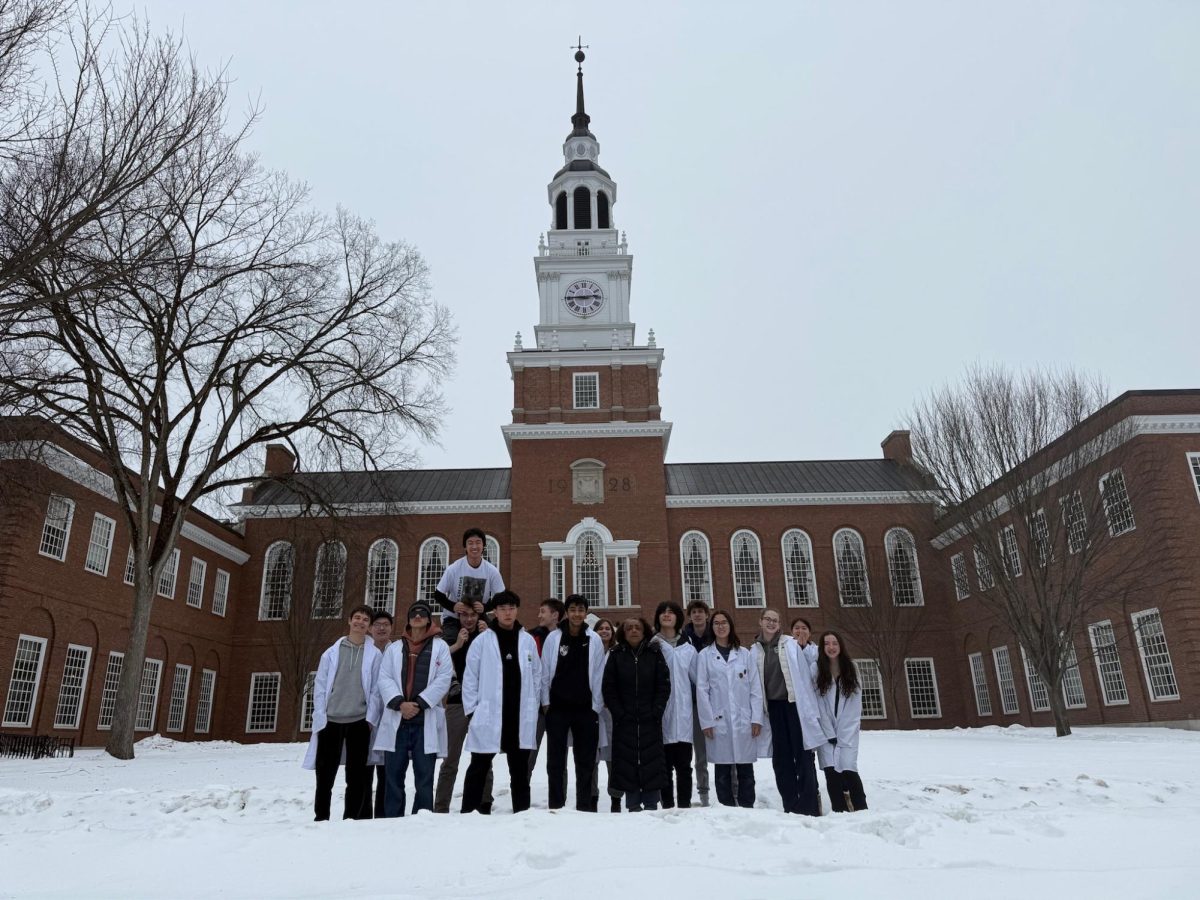




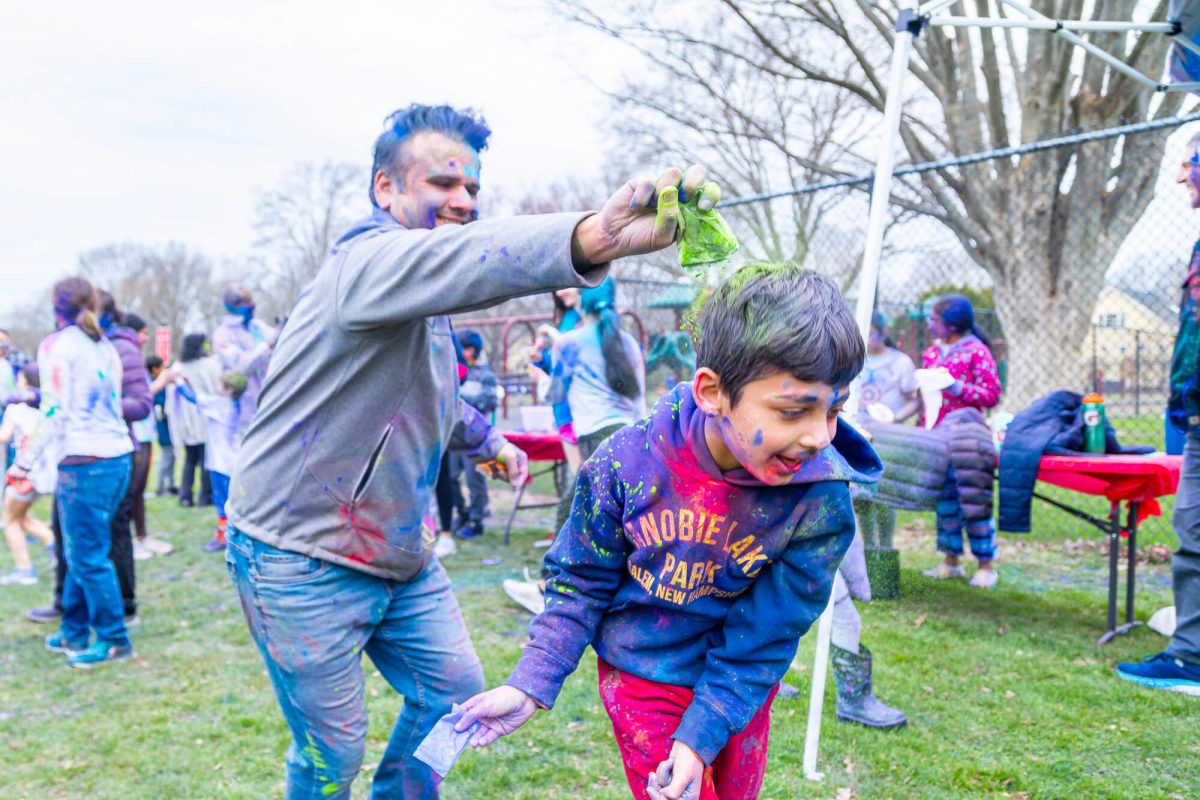







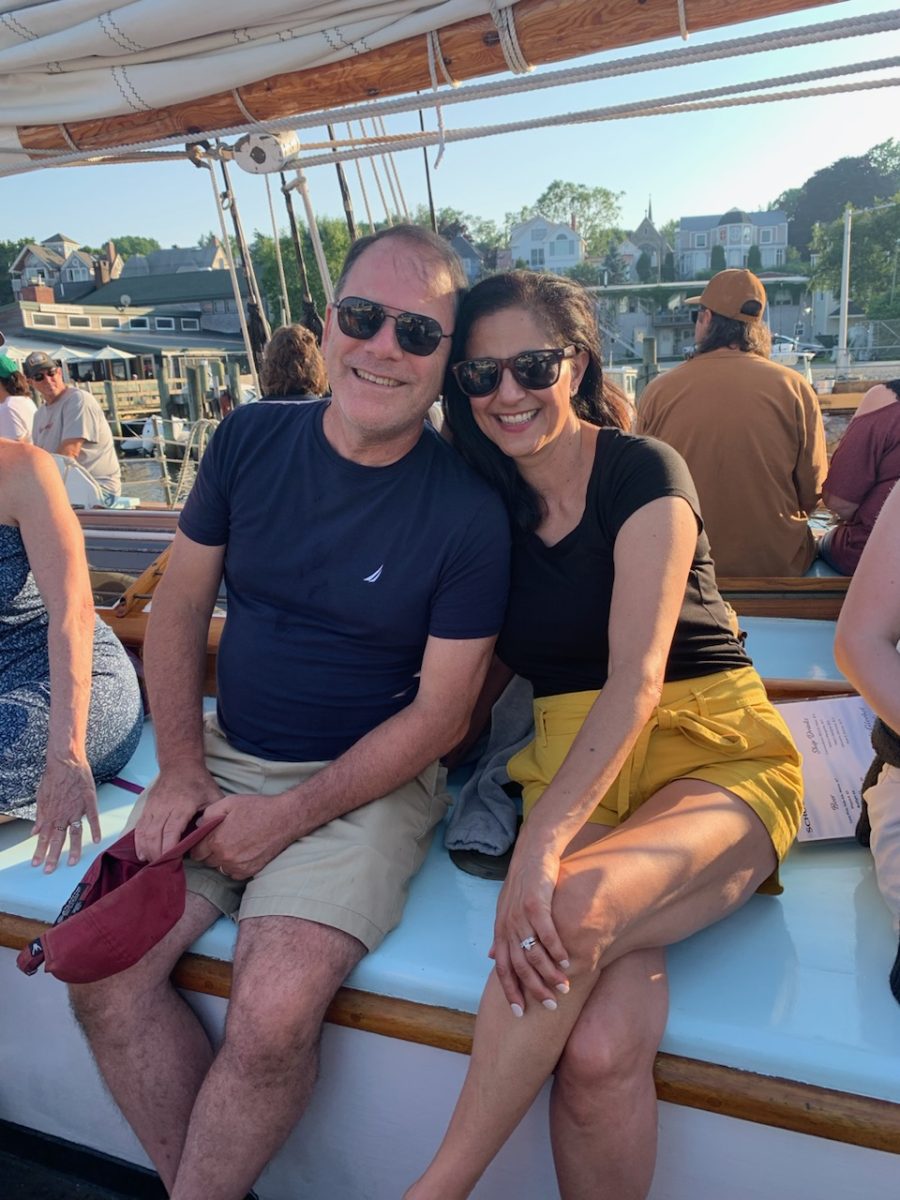
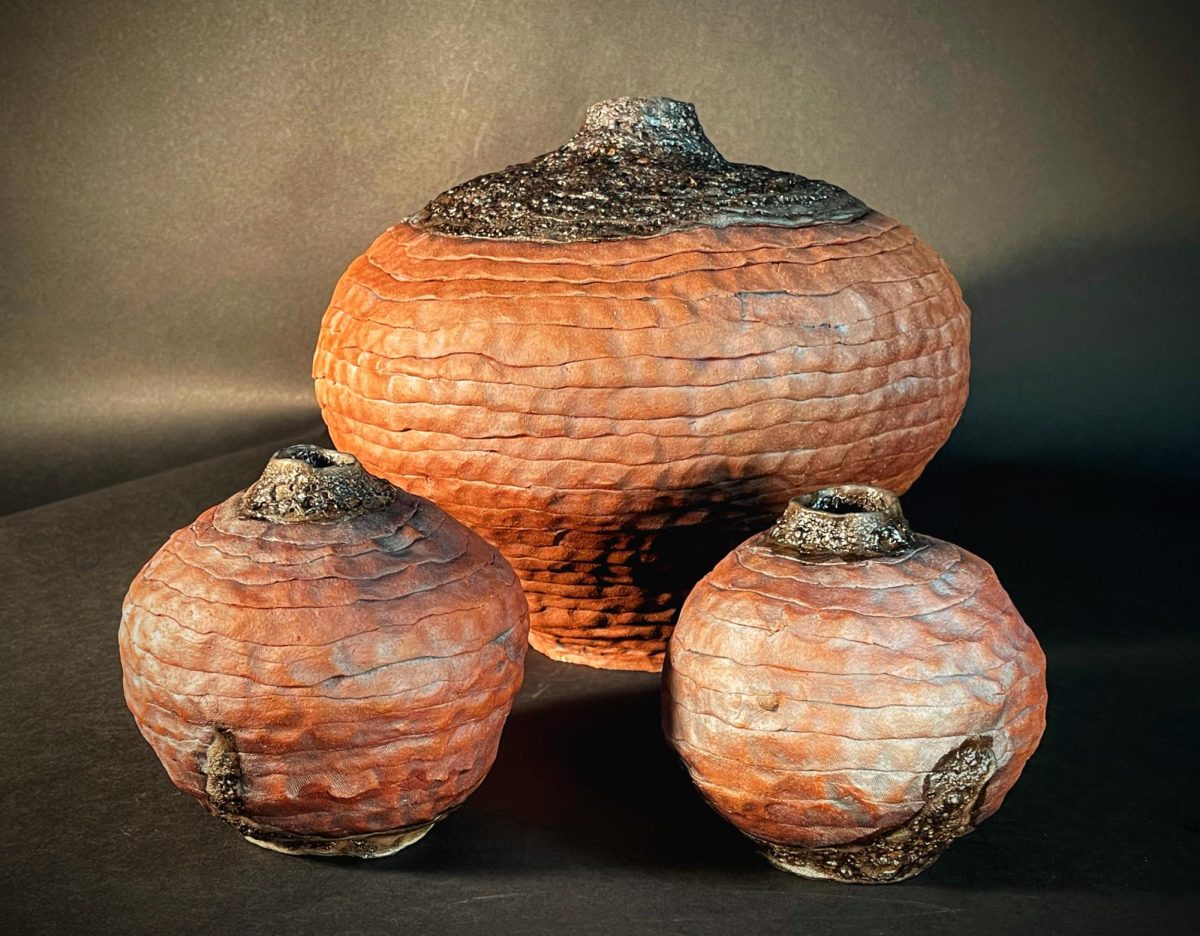

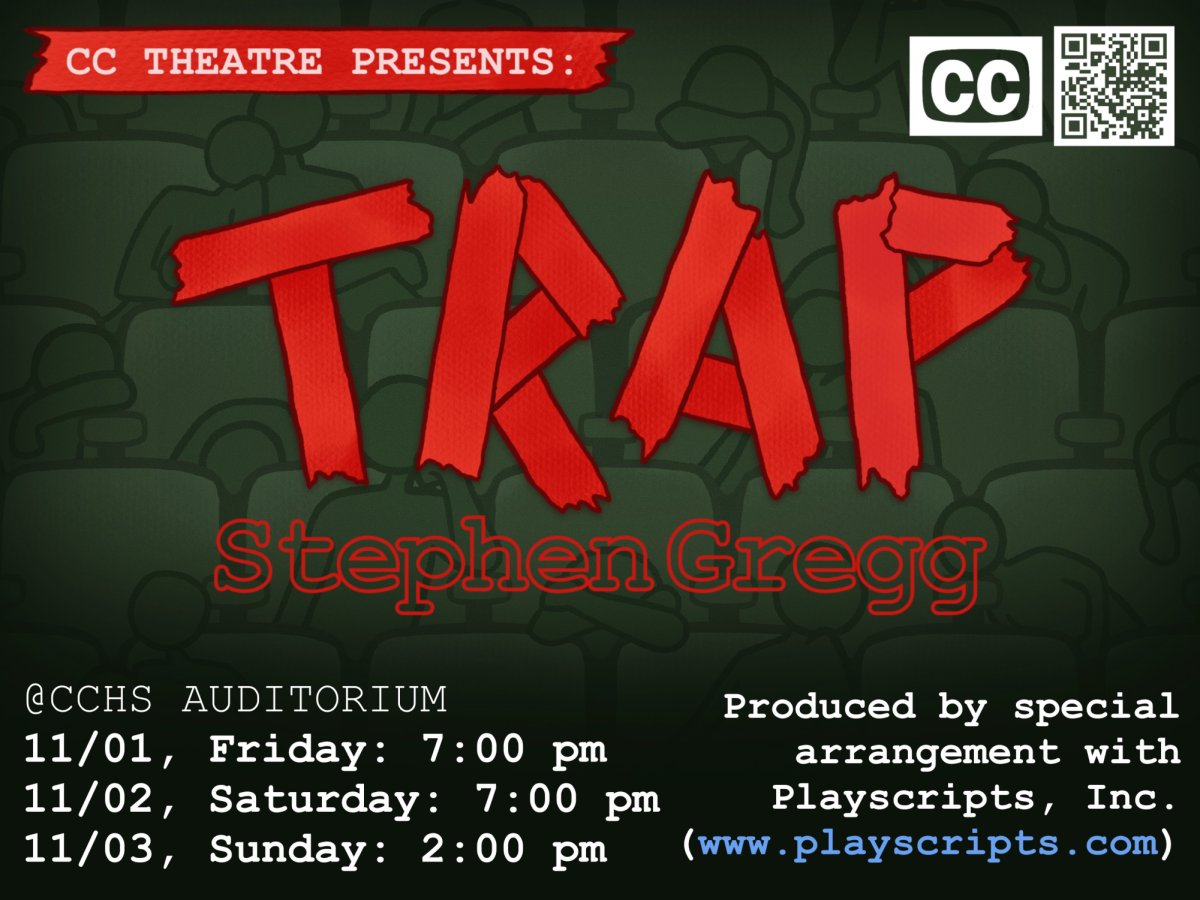




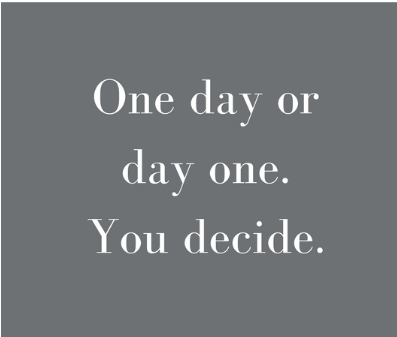

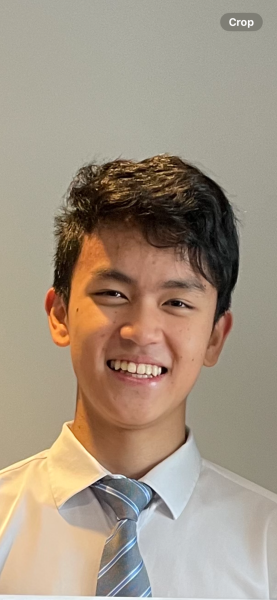
Mercy Mkorombindo • May 26, 2025 at 10:25 pm
Wow this is amazing and powerful! Keep up the Good work Dr B and Dr T . The world is a better place because of people like you.